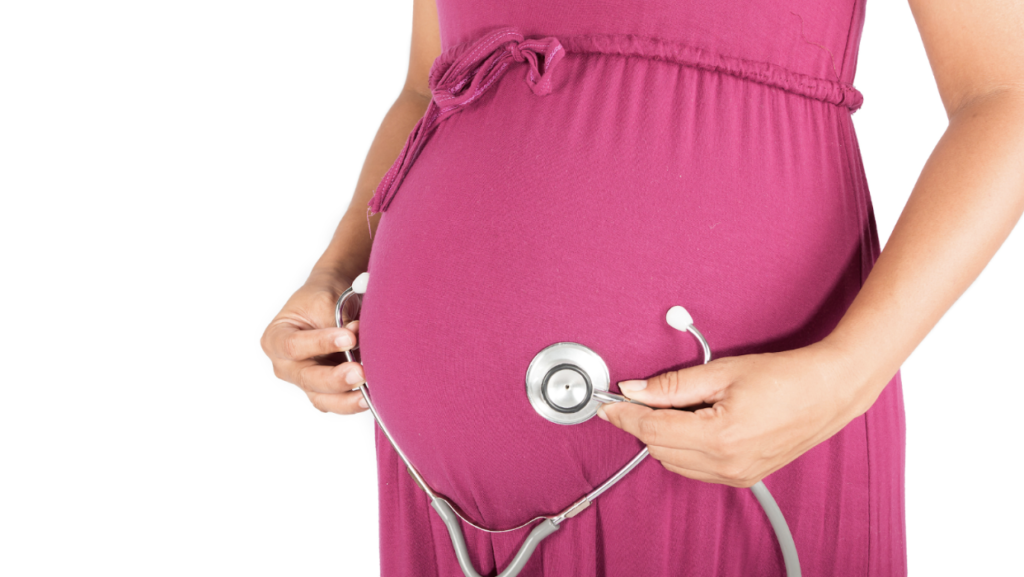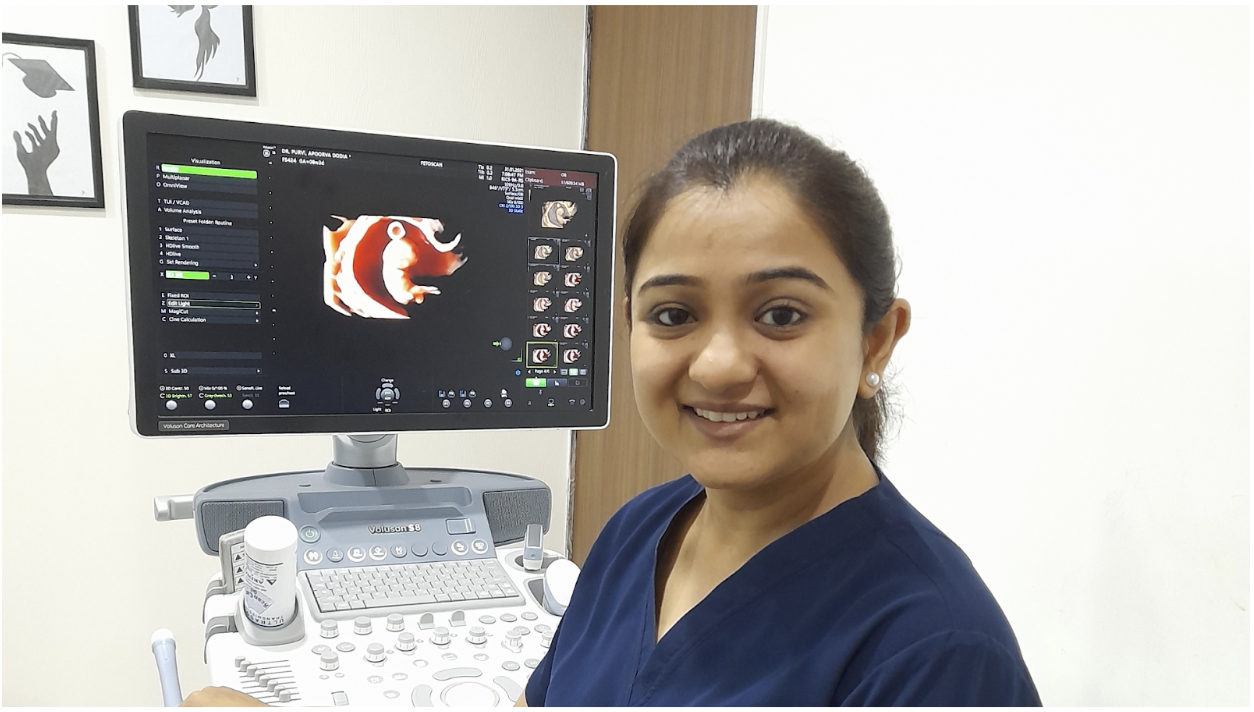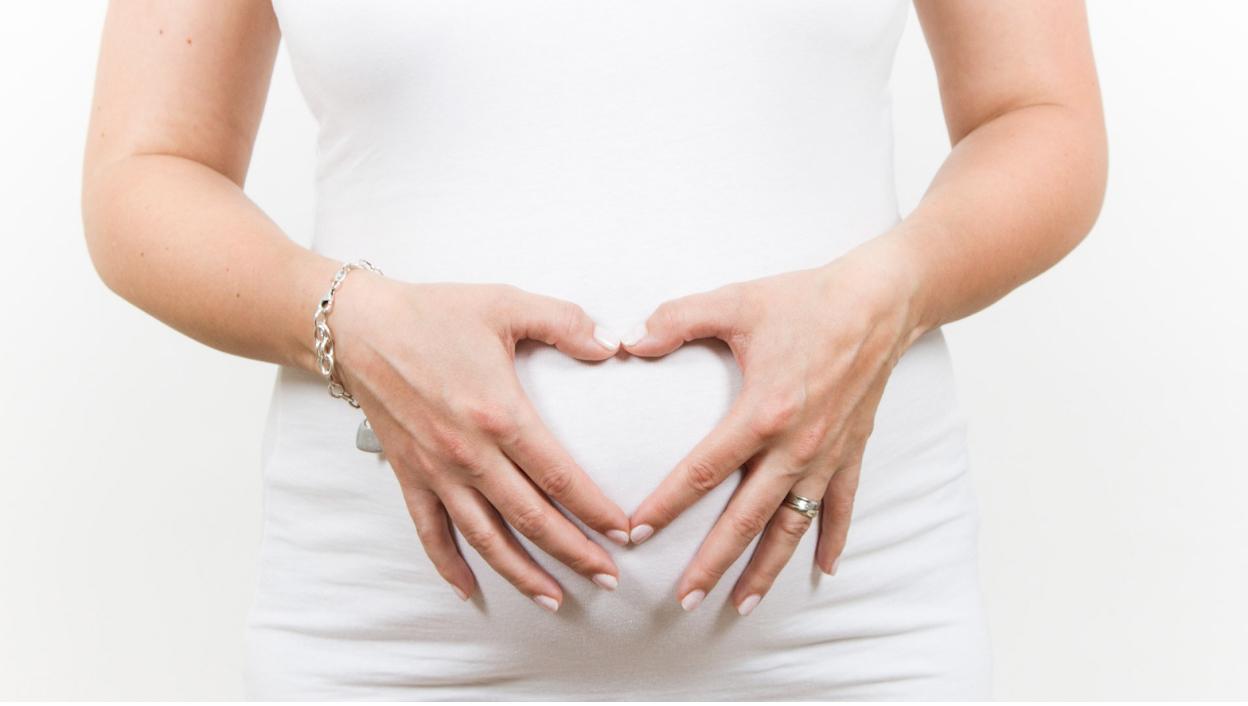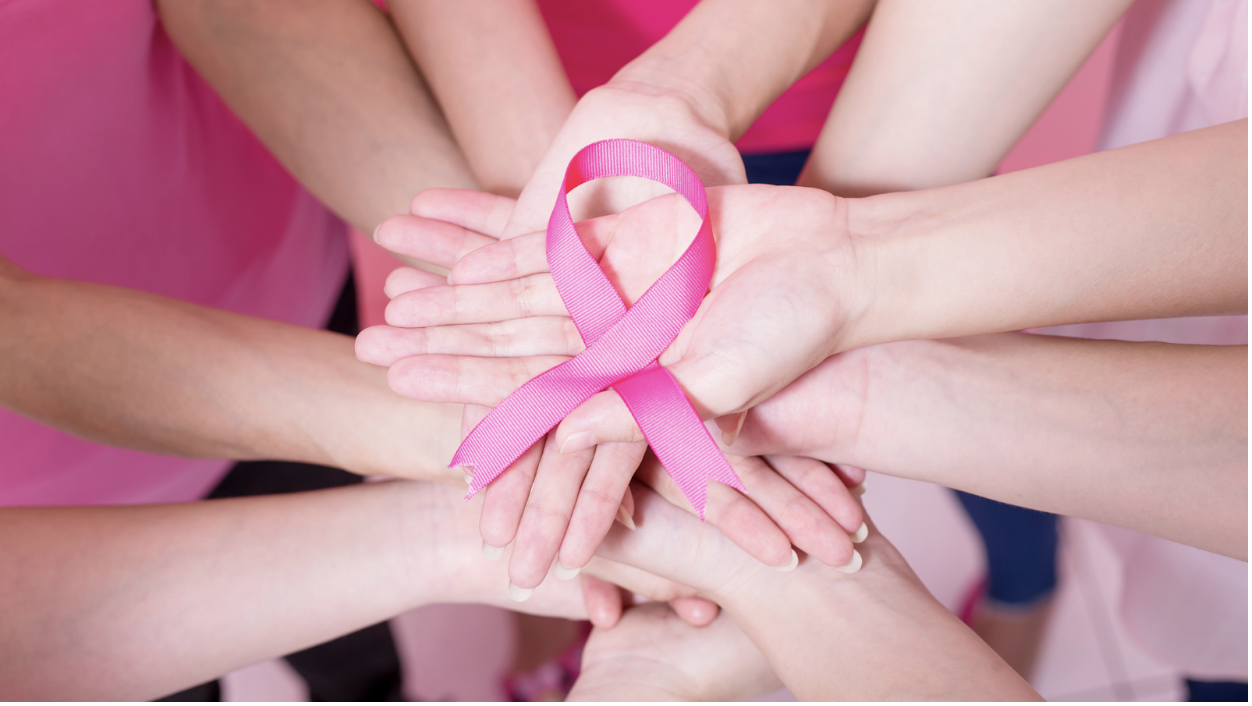Pregnancy is a remarkable time in a woman’s life, as her body transforms to accommodate the growing baby inside her. Each trimester brings its own unique physical changes, and understanding what to expect can help a woman prepare for what’s ahead. In this article, we’ll explore the changes that occur in the human body during each trimester of pregnancy.
First Trimester (Weeks 1-12)
During the first trimester, the body is undergoing rapid changes to accommodate the developing embryo. Among the most obvious changes are:
- Increased hormone levels: Hormones like human chorionic gonadotropin (hCG) and progesterone are produced in large quantities, which can cause symptoms like fatigue, morning sickness, and food cravings.
- Changes in the uterus: The uterus expands to make room for the growing fetus and the placenta.
- Increased blood flow: The body’s blood volume increases by approximately 50% to support the growing baby and the placenta.
- Changes in the breasts: The breasts may become sore and tender as they prepare for milk production.
Second Trimester (Weeks 13-26)
In the second trimester, the body continues to change to accommodate the growing baby. Among the most obvious changes are:
- Expansion of the uterus: The uterus continues to grow and expand, putting pressure on the bladder, causing frequent urination.
- Increased weight: As the baby and placenta grow, a woman may gain weight, which can put pressure on the back and legs.
- Development of the fetus: During this trimester, the fetus grows rapidly and begins to move, which can be felt as “quickening.”
- Glowing skin: Increased blood flow and hormone levels can result in a “pregnancy glow.”
Third Trimester (Weeks 27-40)
The third trimester is characterized by the final stages of fetal development and preparation for delivery. Among the most obvious changes are:
- More pressure on the bladder: As the baby descends into the pelvis, it puts pressure on the bladder, causing frequent urination.
- Braxton Hicks contractions: These “practice” contractions can occur more frequently as the body prepares for delivery.
- Increased fatigue: As the baby grows, a woman may feel more tired and have trouble sleeping.
- Changes in the cervix: The cervix begins to thin and dilate in preparation for delivery.
In conclusion, pregnancy is a remarkable time in a woman’s life, and each trimester brings its own unique physical changes. Understanding what to expect can help a woman prepare for what’s ahead and ensure that she stays healthy and comfortable throughout her pregnancy. If you’re pregnant, be sure to talk to your healthcare provider about any concerns you may have and follow their recommendations for a healthy pregnancy.





